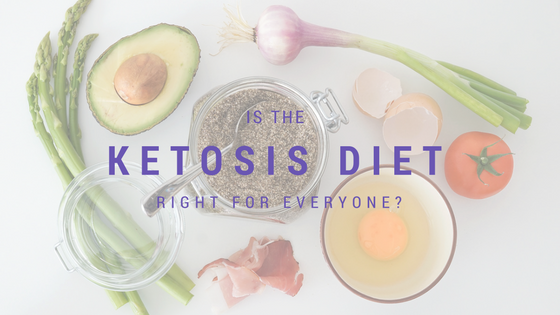As a renowned cardiologist, Dr. Aarush Manchanda is asked a diverse range of questions, varying from specific ones about heart health to general health inquiries. And in this video, he answers the popular question – “Will a ketosis diet work for me?”
To start with, Dr. Manchanda explains what a ketosis diet (often referred to as a ketogenic diet or keto diet) involves. When you start this kind of diet, you’re basically saying you’re not going to eat any carbs, in the hope fats will be converted into free fatty acids. The aim of this type of diet (which is rather like a low-carb diet, such as the Atkins diet), is to switch your body from its regular aerobic mechanisms to anaerobic ones. This means the body will start to utilize the fat it’s stored, helping you to lose weight.
The Disadvantages of a Ketosis Diet
While this may sound like the diet we’ve all been dreaming about, Dr. Manchanda delves a little deeper to explain why everything may not be as it seems. A study demonstrated that, when people were on a ketosis diet and put themselves through this anaerobic process, tests showed their basal metabolism rate (BMR) had been reduced.
Therefore, this diet may work wonders in the short-term, but in the long-term, it won’t, because you’ve now got a lower BMR. So, as soon as you start to eat those foods you omitted from your diet (e.g. carbs and proteins), you’re going to start gaining weight again, because your body has essentially been starved of these nutrients. This is what’s known as starvation ketosis.
The Importance of Being Aware of Your Health
The study Dr. Manchanda refers to involved contestants on The Biggest Loser, with their weight and metabolism being examined after the program ended. After six years, the findings demonstrated that, of the 14 contestants, 13 had regained weight, with four of them actually being heavier than they were before the competition began. And, nearly all of them had a lower BMR than when they’d started to program.
The saying, “If it seems too good to be true, it probably is” is probably quite apt here, and emphasizes the reason why Dr. Manchanda is so devoted to precision medicine and raising patients’ awareness of their health.
By understanding our bodies, it will help us to be more active in how we look after ourselves. It will also enable us to avoid fads, like a ketosis diet, knowing that, in the long run, they aren’t going to improve our health. Instead, we could just be making things worse.


Leave a comment